
The desire to be the best is what drives all professional hospital caterers, but sometimes we all need to look to others for advice, encouragement and support. In this section you will find the most up to date healthcare catering initiatives and related resources.
“The ability to provide a high quality, patient led, catering experience consistently.”
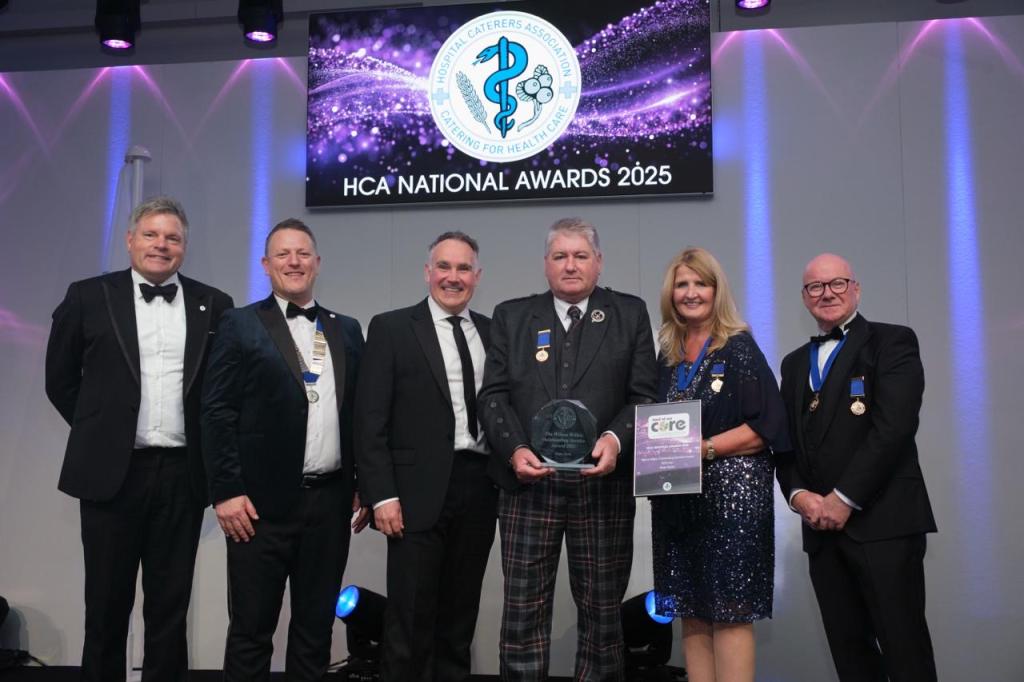
Winner: Brian Robb
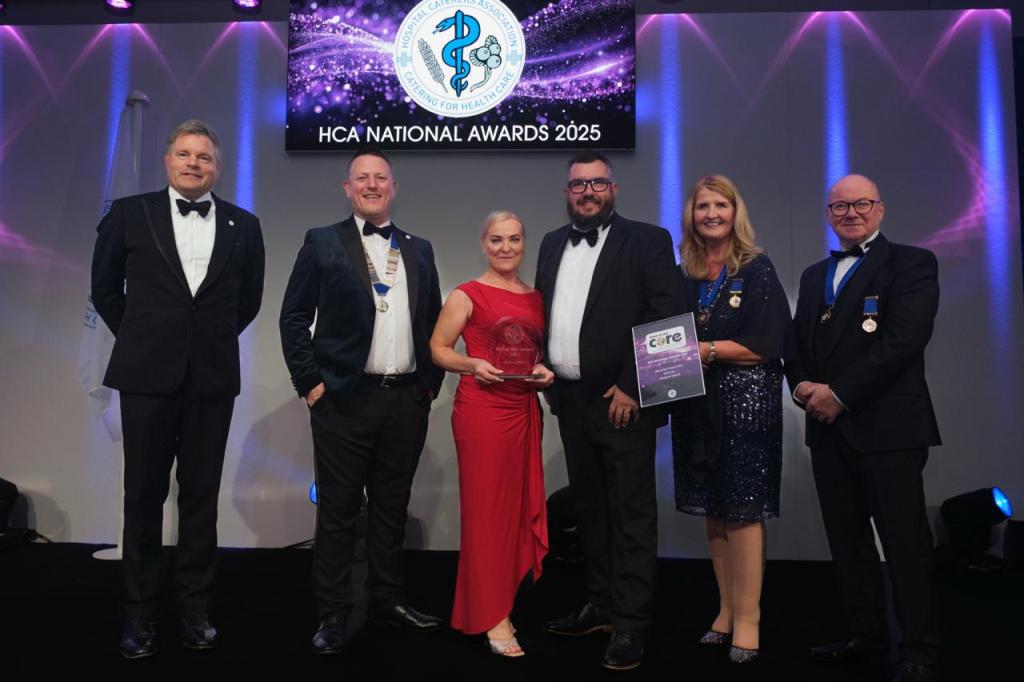
Winner: Margaret Valenti, catering business support, NHS Greater Glasgow & Clyde, West of Scotland Branch
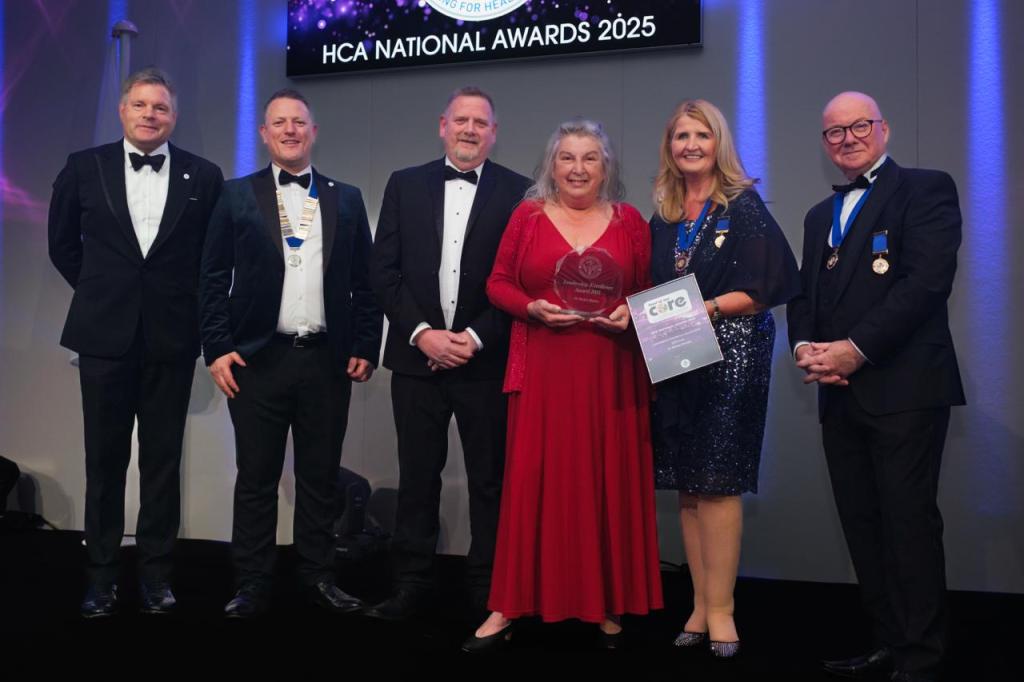
Winner: Dr Mabel Blades, branch secretary, Oxford Branch
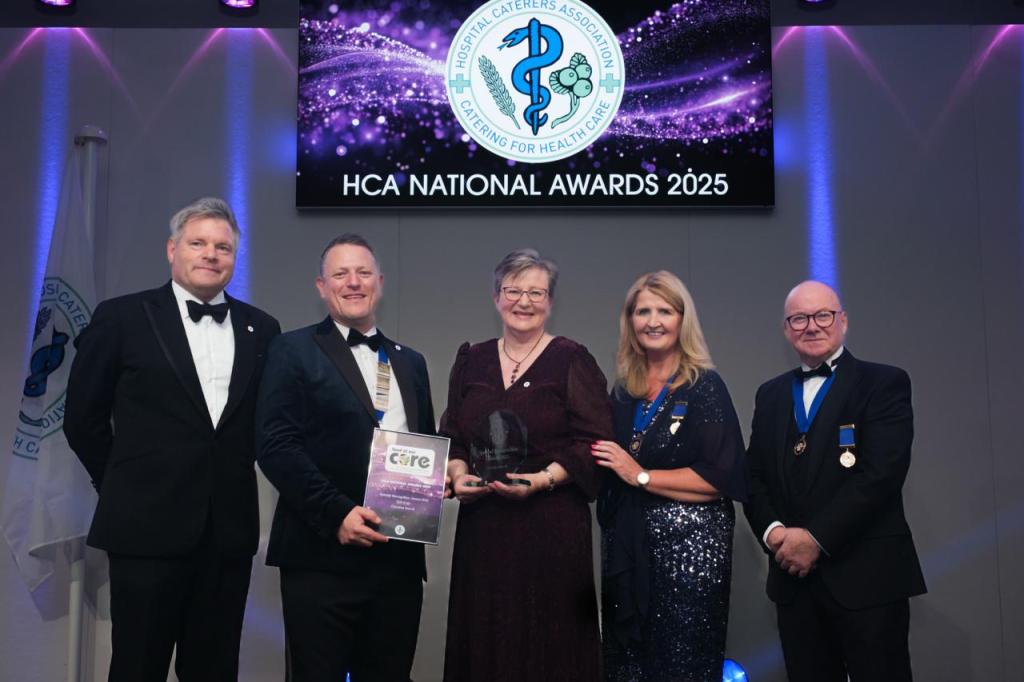
Winner: Caroline Darvill, NHS Gloucestershire Managed Services (GMS)
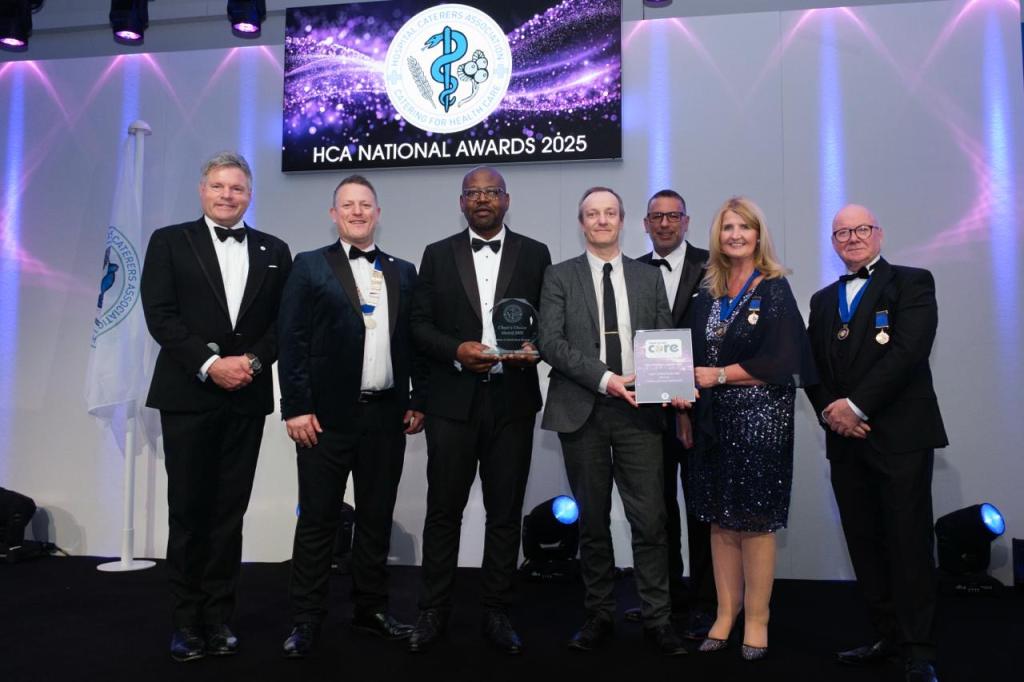
Winner: London & South East Branch
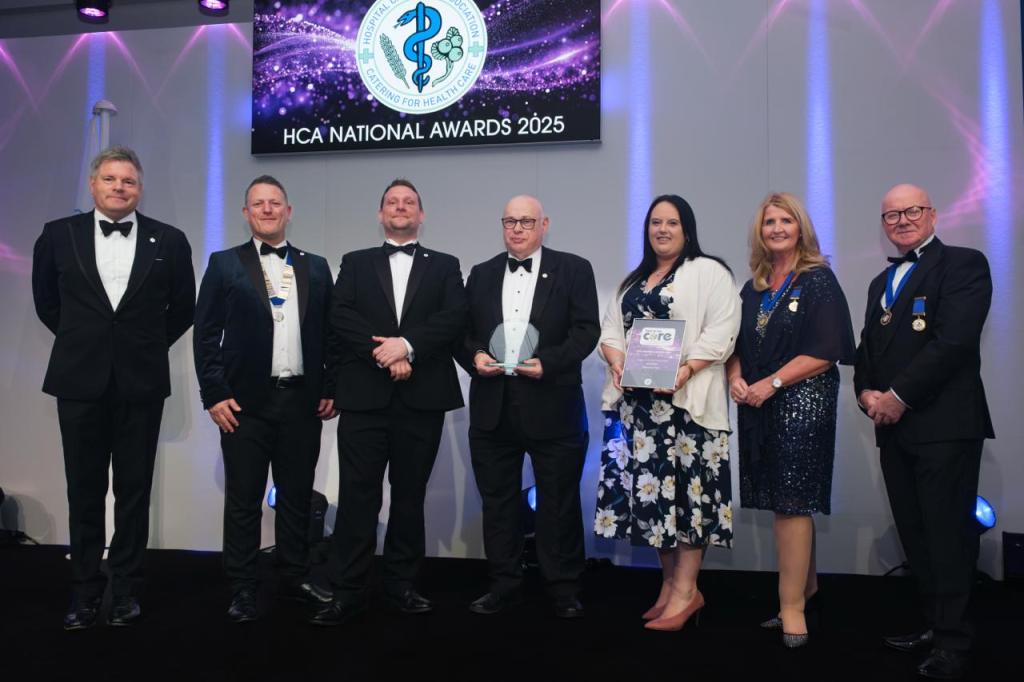
Francesco (Frank) Fiore, catering manager, Milton Keynes University Hospital NHS Foundation Trust, Oxford Branch
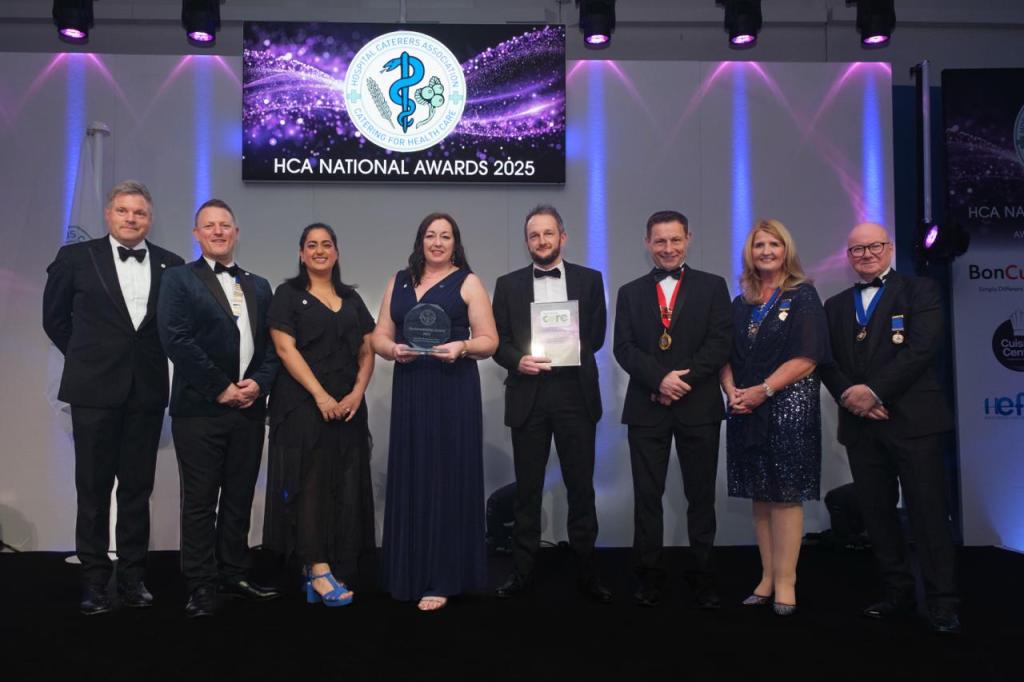
Winner: Catering management team, Sheffield Teaching Hospitals, Trent Branch
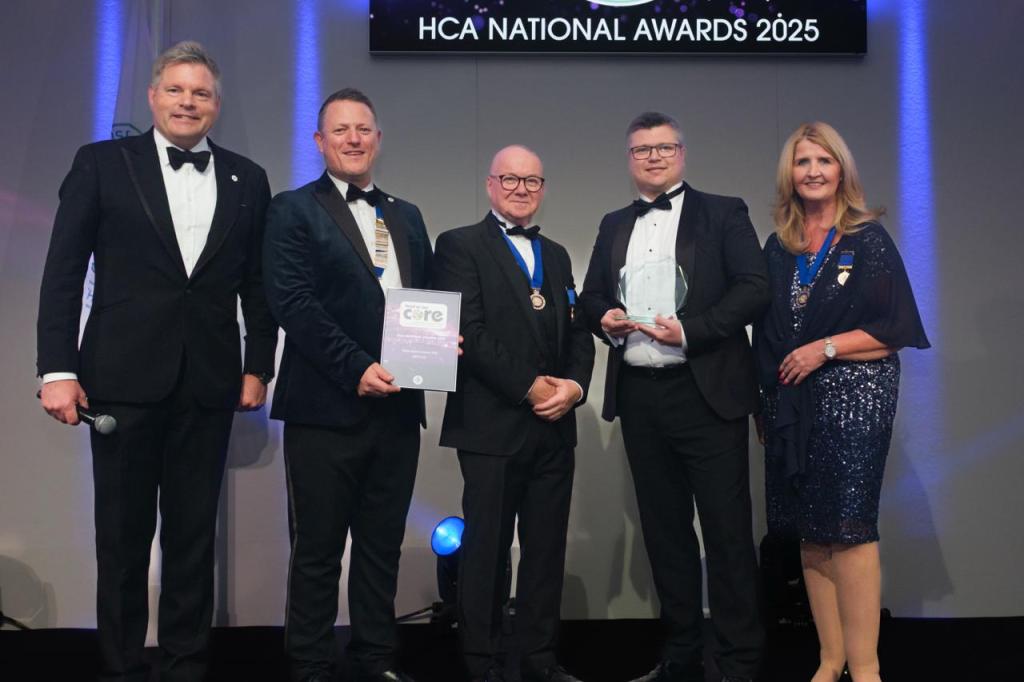
Winner: Valentine Equipment (formerly known as Cuisine Equipment)
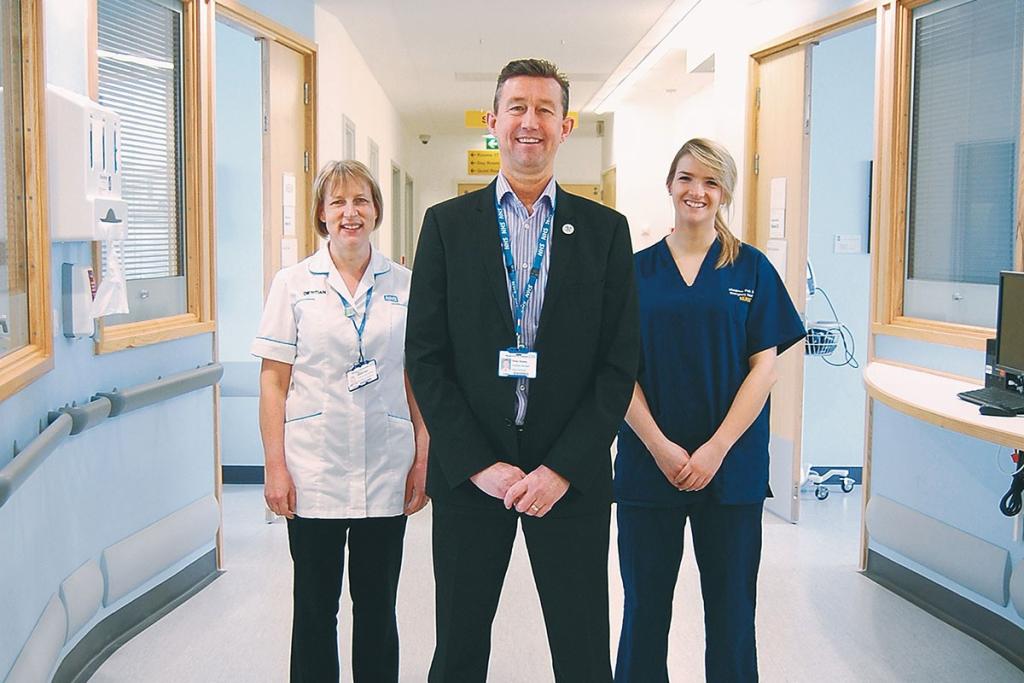
Bringing together complimentary disciplines; Catering, Dietetics and Nursing strengthens the ability to increase nutritional outcomes.
The positive influence and impact of professional collaboration is a fundamental to create a truly holistic and 360 degree approach to nutrition and hydration. Linking our ward service teams with catering and dietetics ensures that our ward staff have a greater awareness of enhancing recovery through appropriate nutrition.
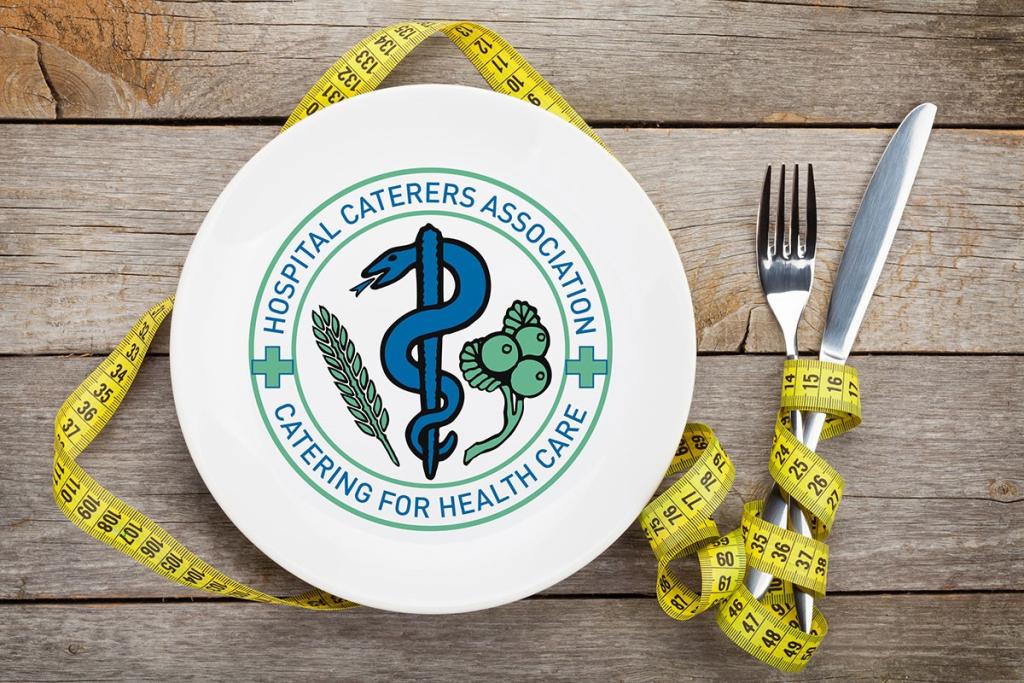
To improve catering at ward level, the Hospital Catering Association calls for full responsibility of the entire patient catering service.
“In caring for the food, you are caring for the patient”; closer relationships with the key medical teams will release clinical time and allow caterers to support the ethos of nutrition and hydration being a critical part of the patient’s recovery plan.

In association with the Hospital Caterers Association (HCA) and National Association of Care Catering (NACC) the Institute of Hospitality (IOH) has developed a Level 2 Award in Professional Cookery in Health and Social Care Catering.
This qualification is specifically designed for people who cater for patients and residents in a health and social care setting and aims to develop their awareness of diet and appetite issues that may arise in this environment. It covers the importance of nutrition and hydration in maintaining health and wellbeing, how multi-professional teams work together to provide the level of nutritional care needed by different people.